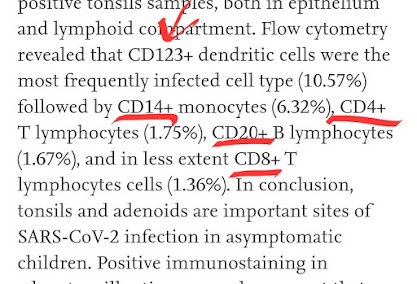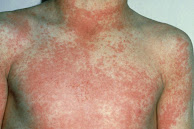SARS #1 (Severe Acute Respiratory Syndrome) was a deadly coronavirus that
hit Canada in February of 2003. It started in China in November 2002 then entered Toronto in a traveller flying in from Hong Kong.
SARS #1 differs significantly from SARS-CoV-2 because the OG killed people faster, so it was easier to contain! It took 44 lives, but the first cases succumbed fast enough that the city shut down tight, so there were only 438 cases in total in Toronto from March to August 2003.
Symptoms included a high fever, severe cough, and difficulty breathing. The first patient in the hospital, the son of the traveller who had died just two days earlier, waited in the ER for hours, unknowingly infecting others. He died within a week. Toronto hospitals closed ERs and refused new admissions, then public health jumped into action to contact trace and quarantine suspected cases. Toronto hospitals suspended non-essential services, restricted visitors, and created isolation units for SARS patients. Health care workers were put in "work quarantine" and were not allowed to use public transit or go anywhere besides work and home.
It was able to die off completely because of drastic public health measures, but also because it was primarily contagious through people who were sick. It didn't spread much from people pre-symptomatic, and didn't have a third of all cases hiding quietly in a carrier, and finding and isolating sick people is easier that isolating anyone who might have had a contact.
I was untouched by it all, just 90 minutes away, and would likely have no personal memory of it except I had planned a class field trip to Toronto months before that had to be cancelled, and it caused some outrage. Even back then, some parents thought they should be able to override public health concerns. One memorable mom was beside herself because this field trip was going to be part of her daughter's 16th birthday celebration! Sorry, but we have to follow public health rules.
Compared to SARS #2, only 1 in 1,000 die, not 1 in 10, so it feels like less of a problem in the short term. But that very sentiment makes it more of a problem long term.






















